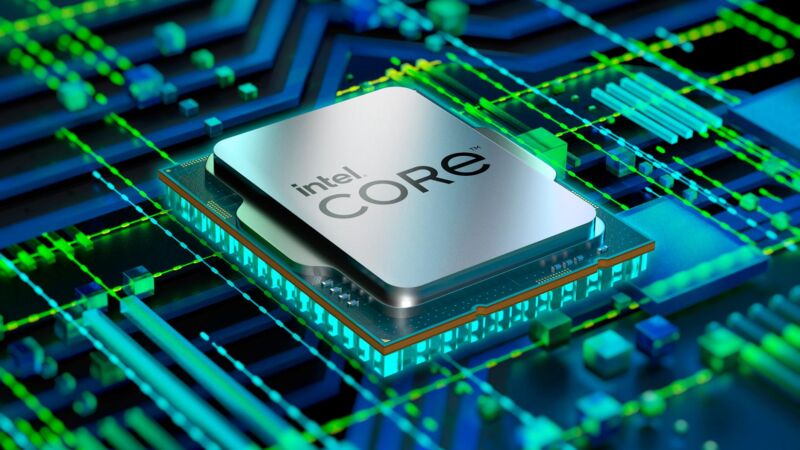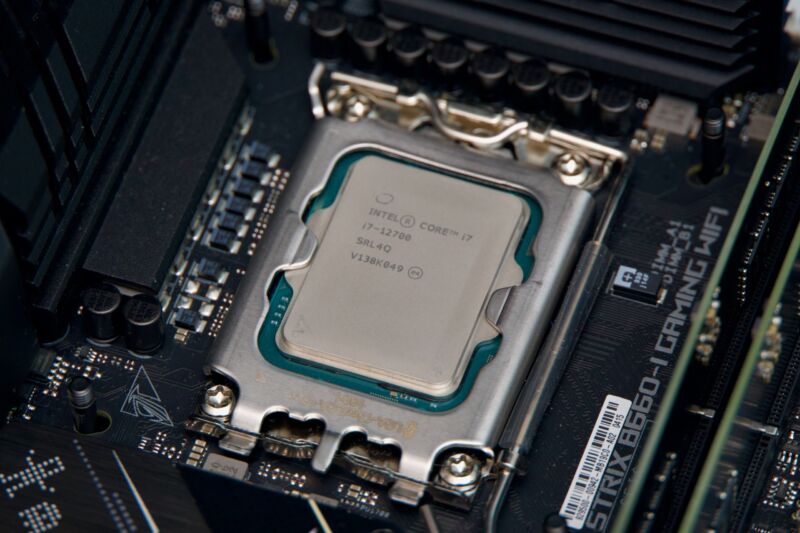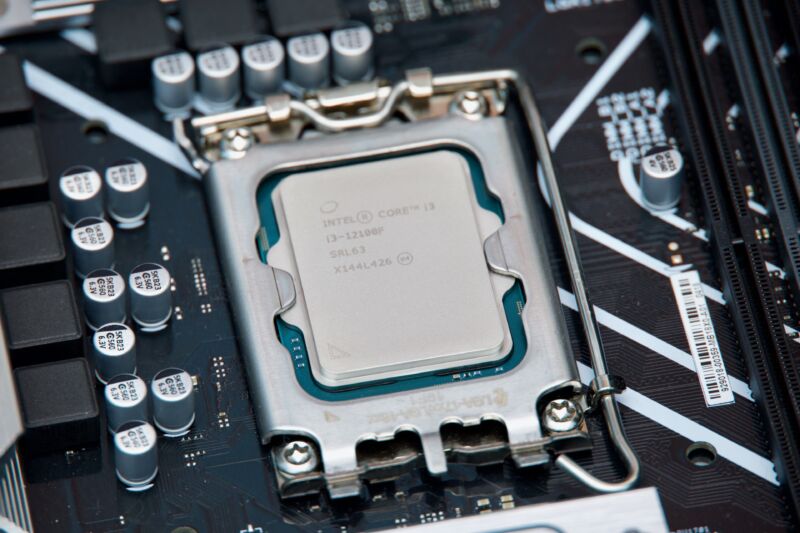-
 chevron_right
chevron_right
The clock speed wars are back as Intel brags about hitting 6 GHz with 13th-gen CPUs
news.movim.eu / ArsTechnica · Monday, 12 September, 2022 - 20:01 · 1 minute

Enlarge (credit: Intel)
Intel is gearing up to release the first products in its 13th-generation Core processor family, codenamed Raptor Lake. Among the topline facts that the company announced at its Intel Technology Tour is that at least one member of the Raptor Lake family will be capable of hitting 6 GHz out of the box ( via Tom's Hardware ). Core counts and architectural improvements are generally more important than clock speed when it comes to increasing a CPU's performance these days, but after many years hanging out in the 5 GHz range, it's neat to hit the next digit.
As for what this means for performance, Intel is saying that Raptor Lake will perform roughly 15 percent better in single-threaded tasks and 41 percent better in multi-threaded workloads than the current 12th-generation Alder Lake chips. Clock speed is more important for boosting single-threaded performance, while adding more cores is usually the best way to improve multi-threaded speeds.
It's not clear which of the CPUs will be capable of hitting 6 GHz or under what circumstances or for how long. An Intel SKU chart published by Igor's Lab suggests that the Core i9-13900K will top out at 5.8 GHz, though it's possible that it's capable of further boosting beyond that.


